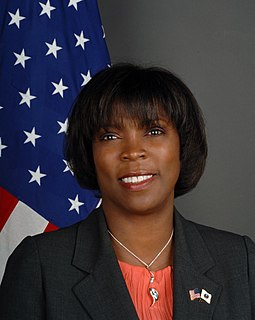A Quote by Wendell Berry
... it is not a crisis of our environs or surroundings; it is a crisis of our lives as individuals, as family members, as community members, and as citizens. We have an 'environmental crisis' because we have consented to an economy in which by eating, drinking, working, resting, traveling, and enjoying ourselves we are destroying the natural, god-given world.
Related Quotes
In Cuba, what we do not accept is the comparison of our participatory democracy with bourgeois democracy which has not solved anything for humanity. The only thing it has done is to take humanity towards a precarious point. They have created the environmental crisis, the food crisis, the water crisis and the pandemics all over the world. The reason for that is because they have taken the majority of the resources and given it to militarism paid for by the western powers because it is a great business for them; this is the real truth.
The greatest crisis of our lives is neither economic, intellectual, nor even what we usually call religious. It is a crisis of imagination. We get stuck on our paths because we are unable to reimagine our lives differently from what they are right now. We hold on desperately to the status quo, afraid that if we let go, we will be swept away by the torrential undercurrents of our emptiness.
The problem the world faces today is that only one-third of the world's population lives in decent circumstances, while half the population of the world lives on one or two dollars a day. And even as we have this poverty and backwardness, we are facing a global environmental crisis. We need developmental models that will take into account the specific and unique position of each country and at the same time will address the environmental crisis.







































